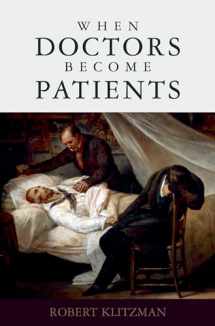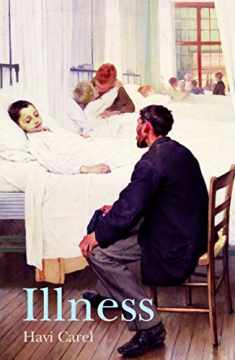
When Doctors Become Patients
Book details
Summary
Description
For many doctors, their role as powerful healer precludes thoughts of ever getting sick themselves. When they do, it initiates a profound shift of awareness-- not only in their sense of their selves, which is invariably bound up with the "invincible doctor" role, but in the way that they view their patients and the doctor-patient relationship. While some books have been written from first-person perspectives on doctors who get sick-- by Oliver Sacks among them-- and TV shows like "House" touch on the topic, never has there been a "systematic, integrated look" at what the experience is like for doctors who get sick, and what it can teach us about our current health care system and more broadly, the experience of becoming ill.
The psychiatrist Robert Klitzman here weaves together gripping first-person accounts of the experience of doctors who fall ill and see the other side of the coin, as a patient. The accounts reveal how dramatic this transformation can be-- a spiritual journey for some, a radical change of identity for others, and for some a new way of looking at the risks and benefits of treatment options. For most however it forever changes the way they treat their own patients. These questions are important not just on a human interest level, but for what they teach us about medicine in America today. While medical technology advances, the health care system itself has become more complex and frustrating, and physician-patient trust is at an all-time low. The experiences offered here are unique resource that point the way to a more humane future.


We would LOVE it if you could help us and other readers by reviewing the book
Book review




